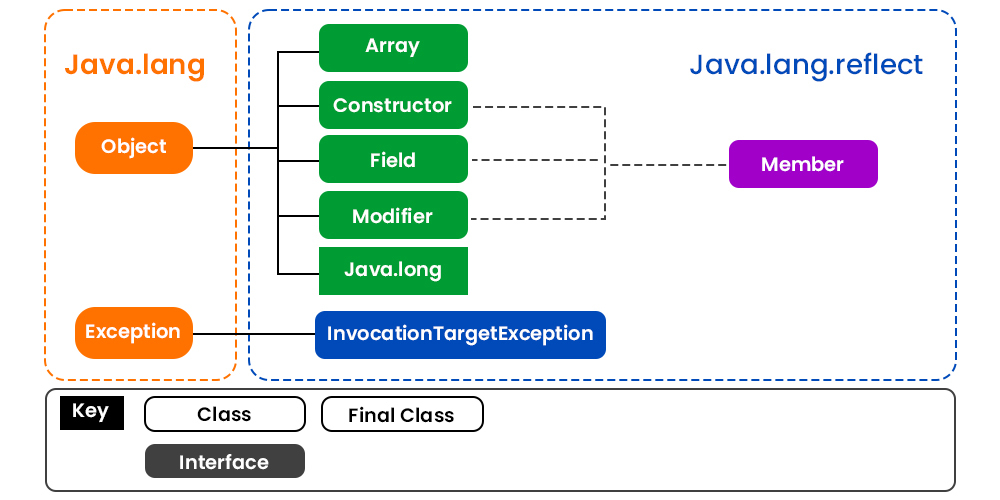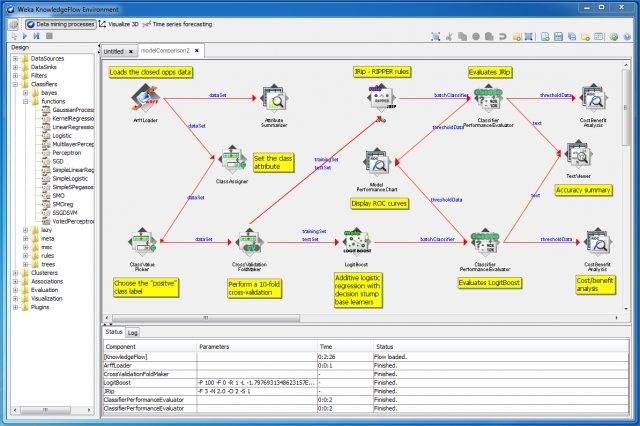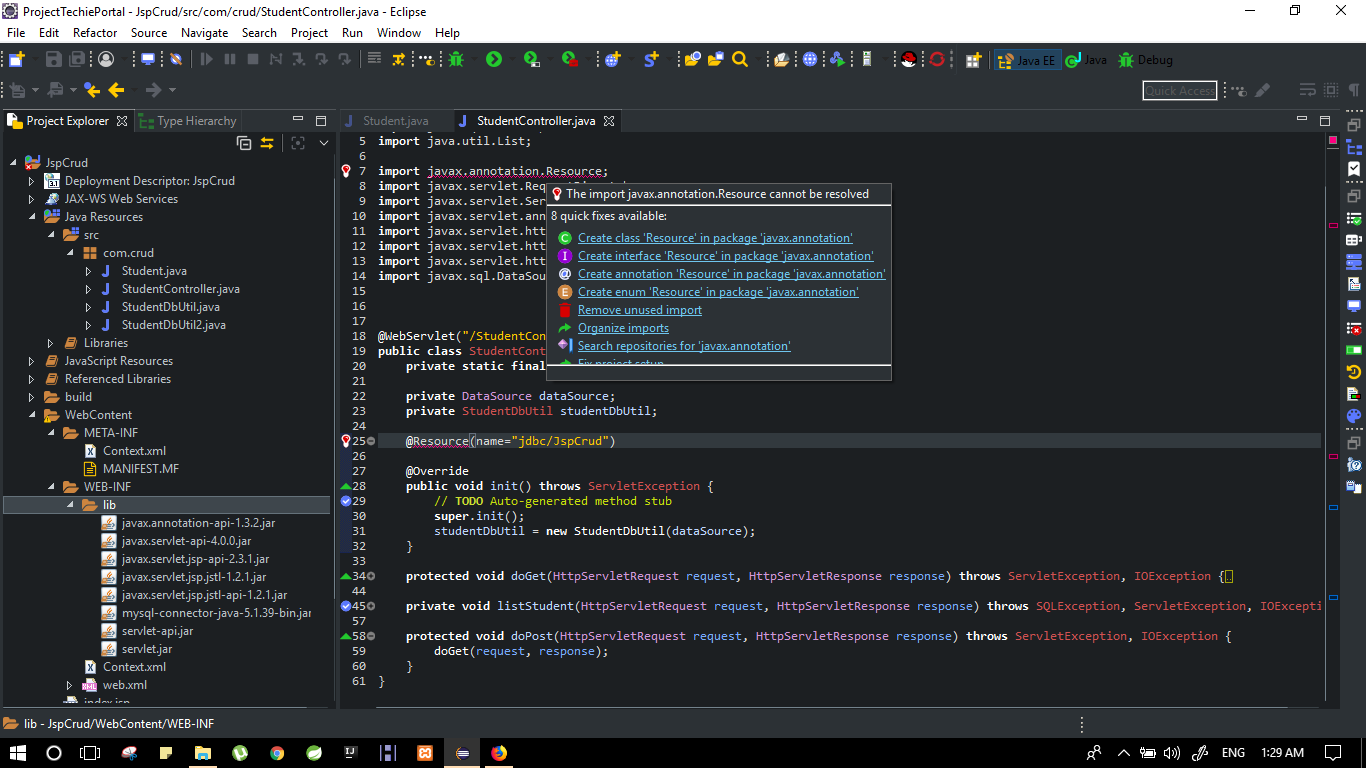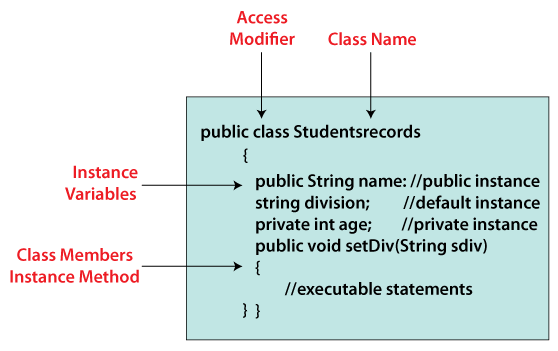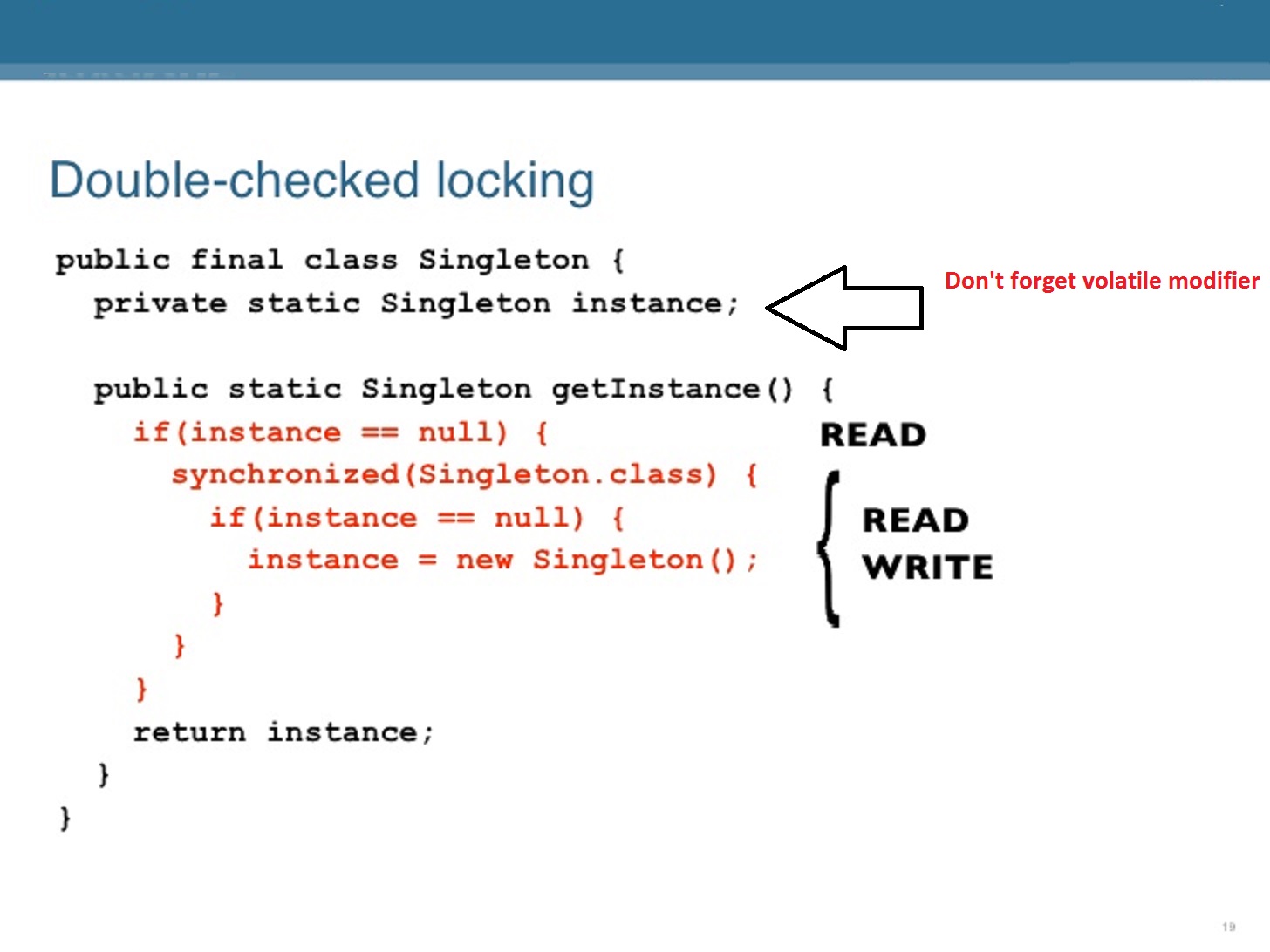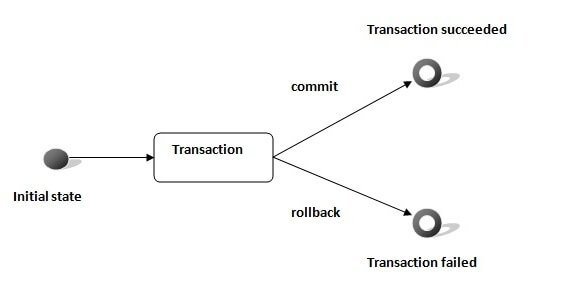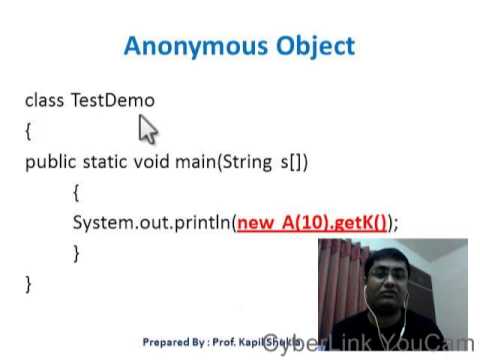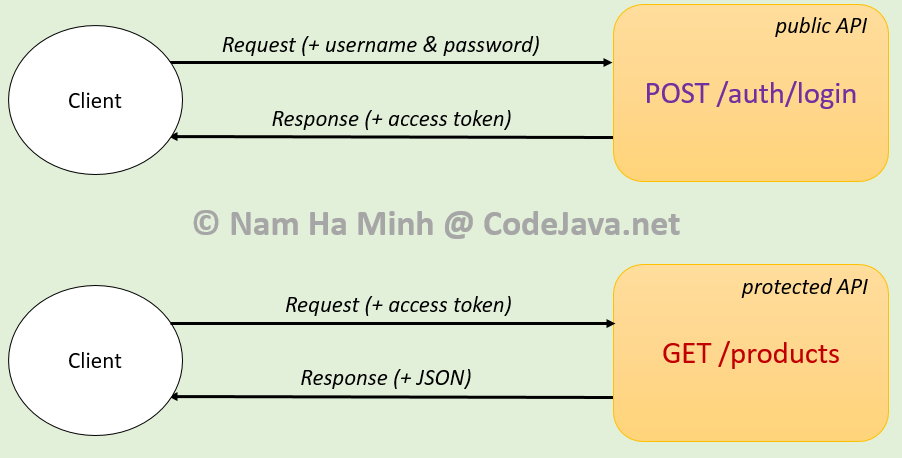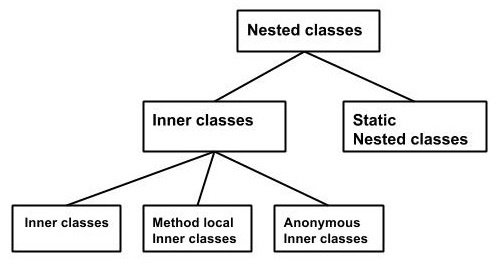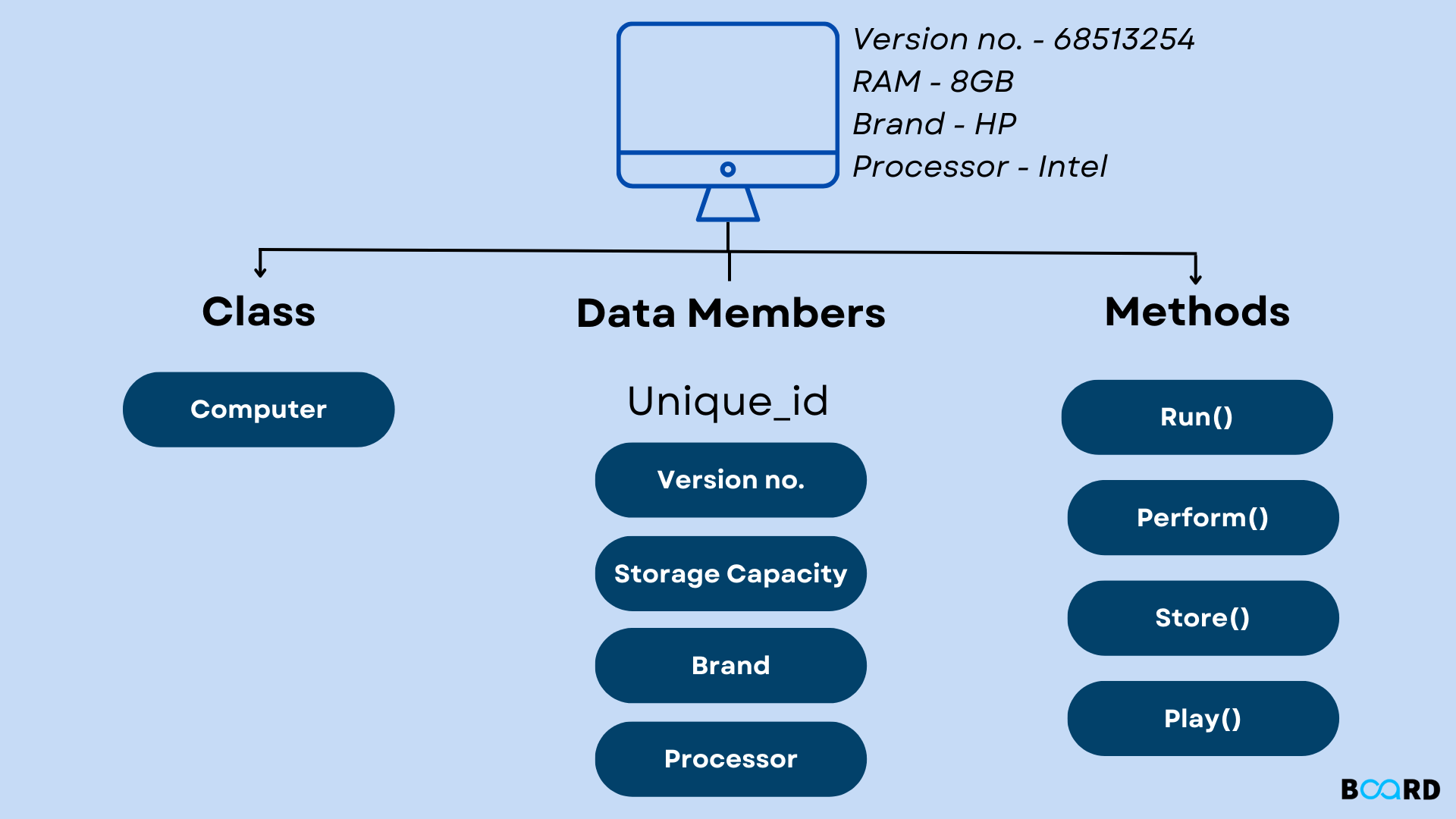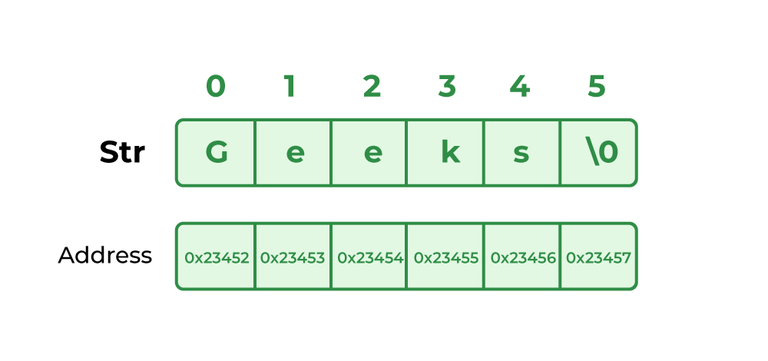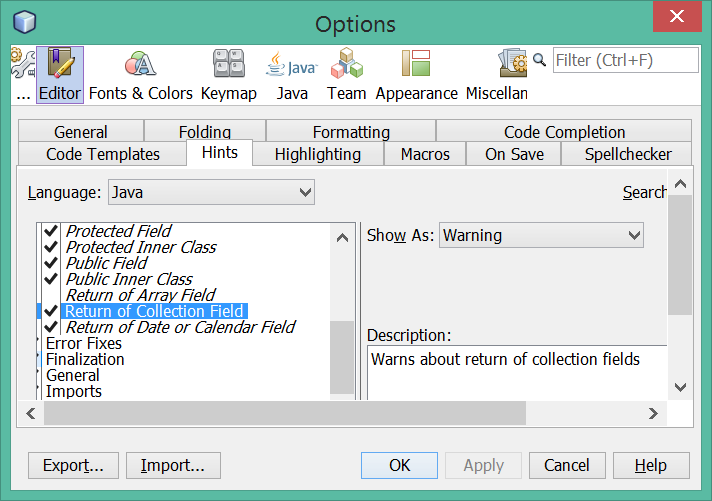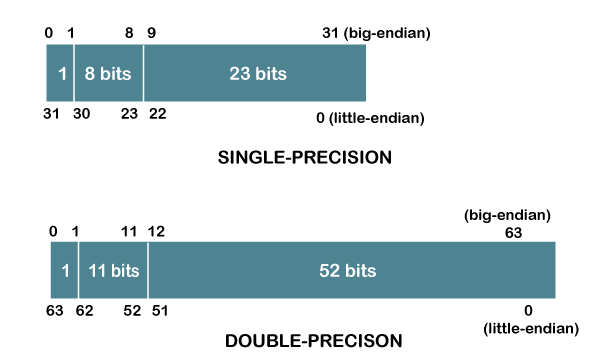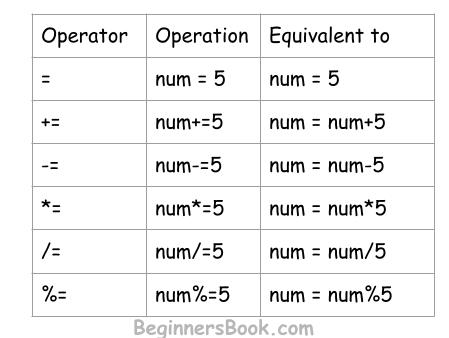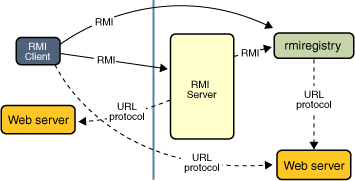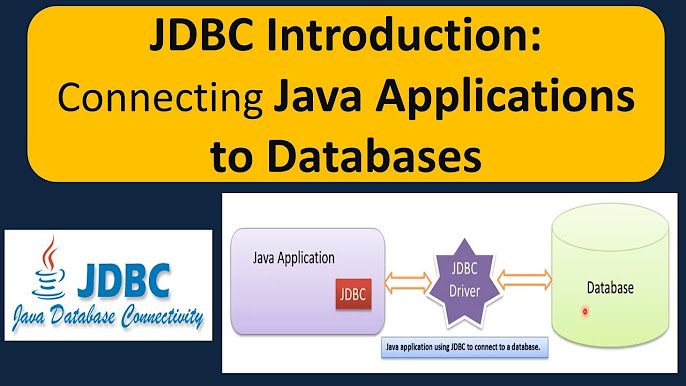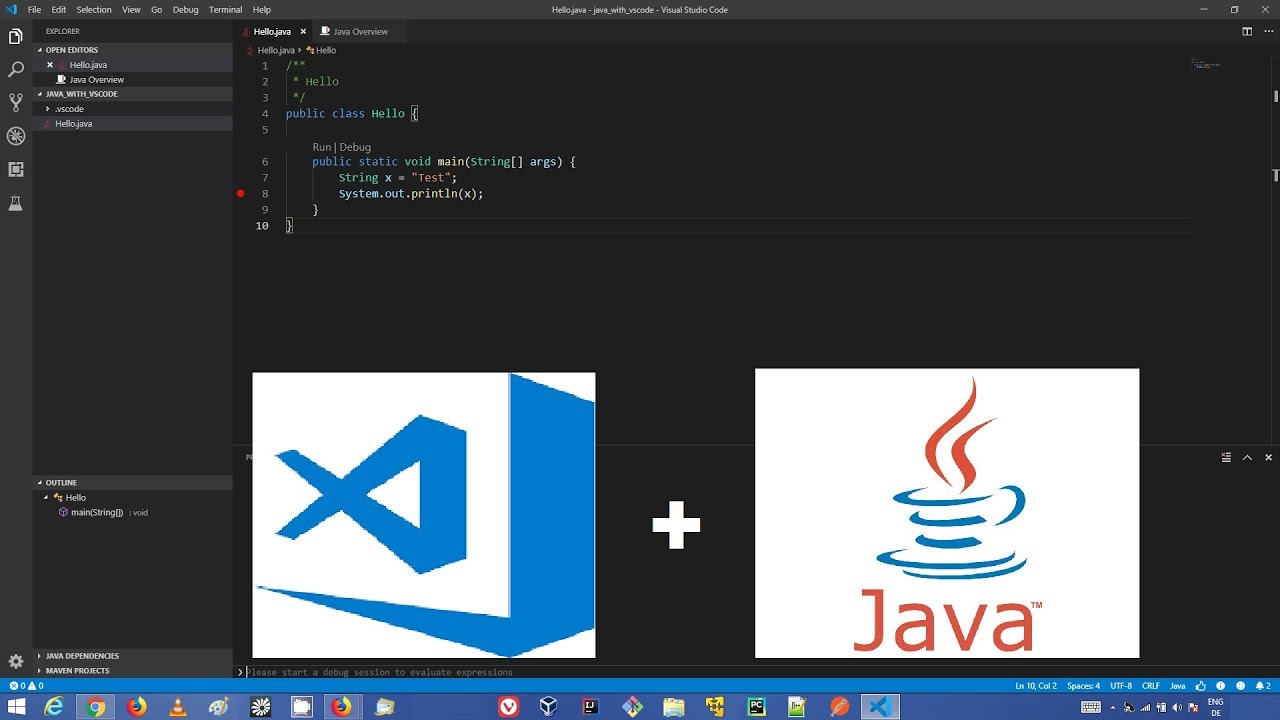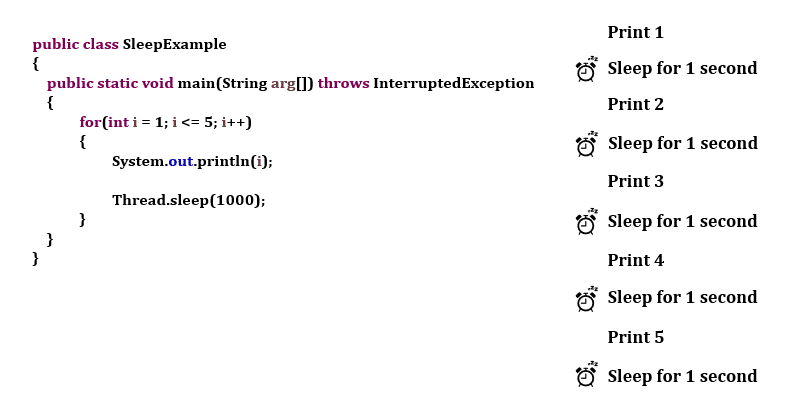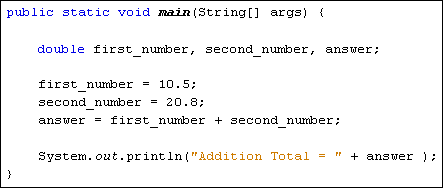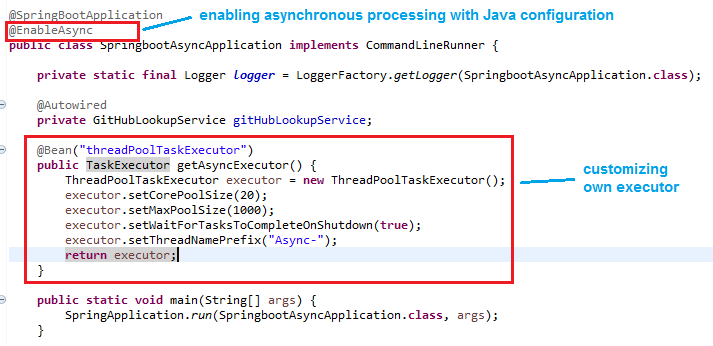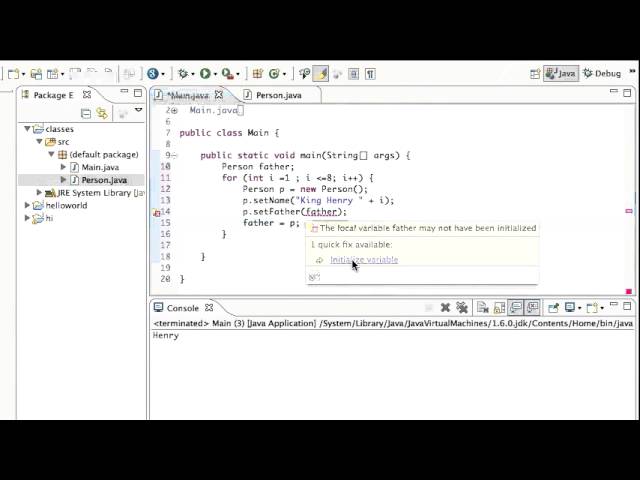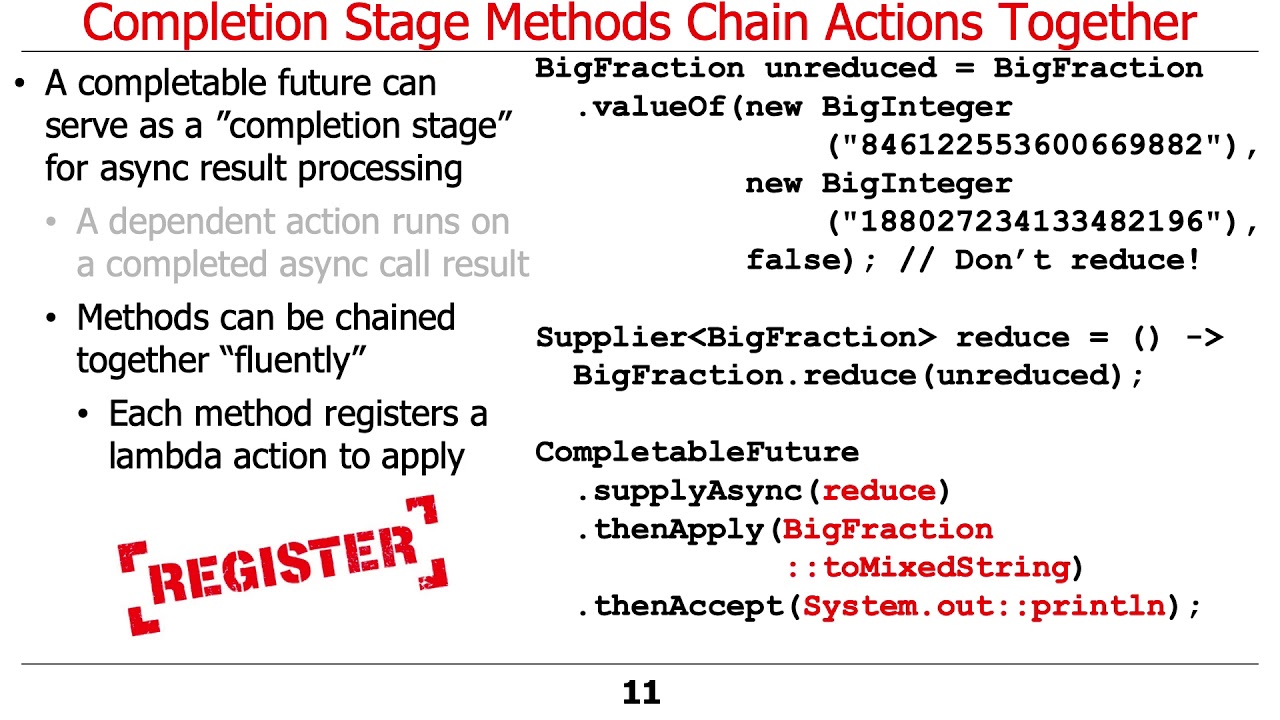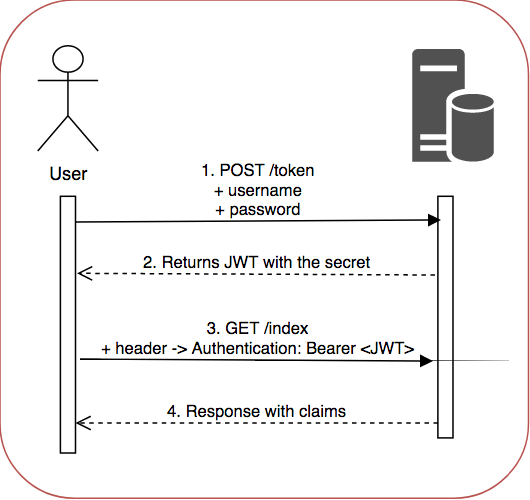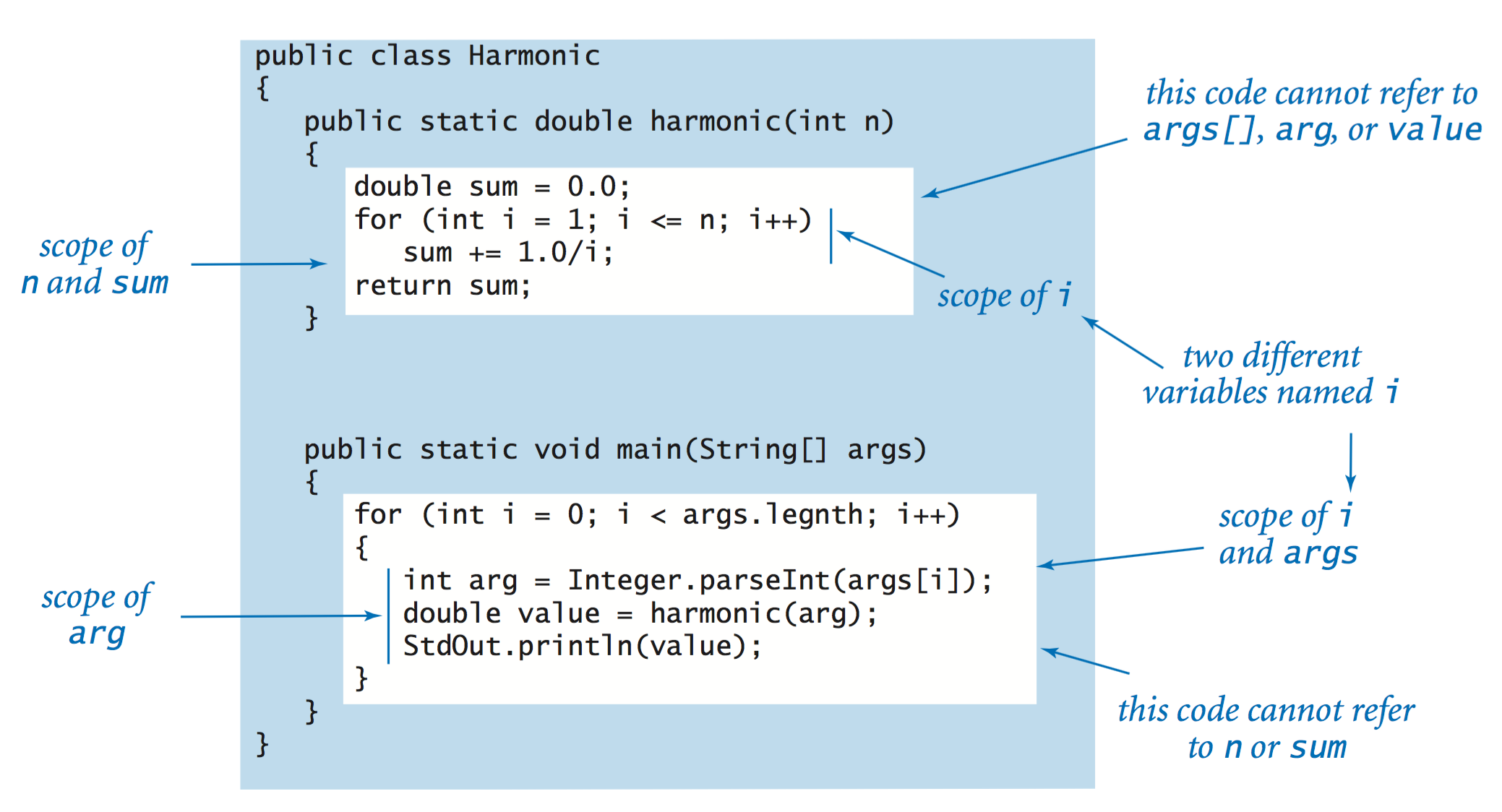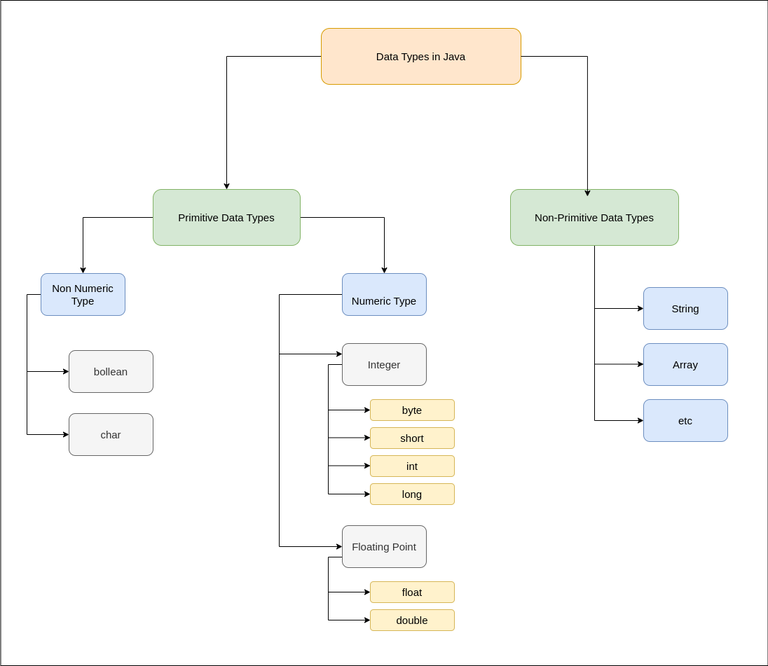How to call a method in Java?
How to call a method in Java?
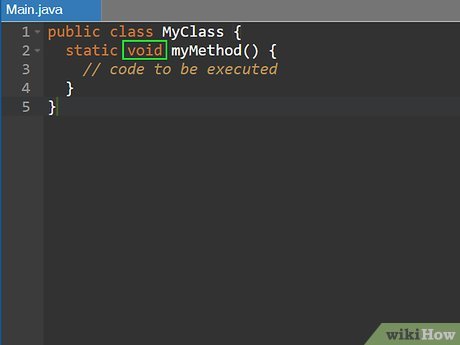
I'm happy to help you with that!
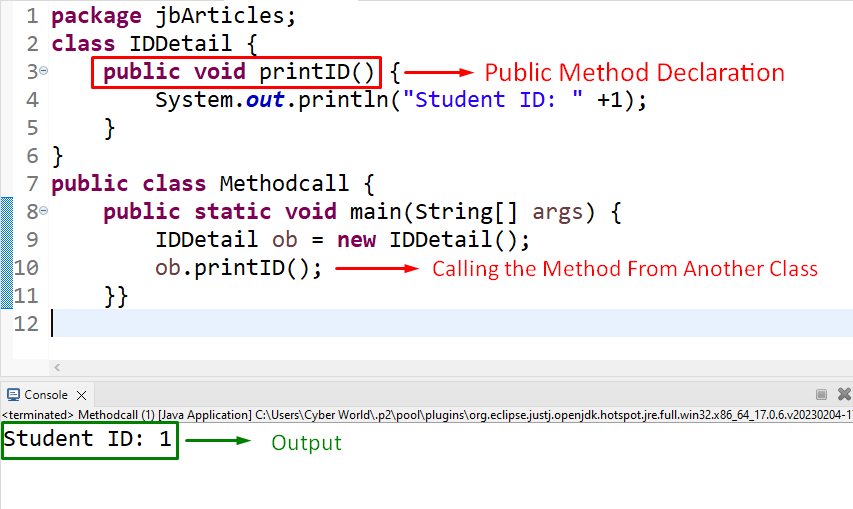
In Java, there are several ways to call a method, depending on the context and the type of method. Here's a comprehensive overview:
1. Instance Method: An instance method is a non-static method that belongs to an object or an instance of a class. To call an instance method, you need to create an object of that class and then call the method on that object.
Example:
public class Dog {public void bark() {
System.out.println("Woof!");
}
}
public class Main {
public static void main(String[] args) {
Dog myDog = new Dog();
myDog.bark(); // Output: Woof!
}
}
In this example, the bark() method is an instance method of the Dog class. We create an object myDog of the Dog class and then call the bark() method on that object.
2. Static Method: A static method belongs to a class itself, rather than instances of the class. You can call a static method without creating an instance of the class.
Example:
public class MathUtils {public static int add(int x, int y) {
return x + y;
}
}
public class Main {
public static void main(String[] args) {
int result = MathUtils.add(2, 3); // Output: 5
}
}
In this example, the add() method is a static method of the MathUtils class. We can call the add() method directly on the MathUtils class without creating an instance.
3. Abstract Method: An abstract method is declared in an abstract class and must be implemented by any subclass that extends the abstract class.
Example:
public abstract class Animal {public abstract void makeSound();
}
public class Dog extends Animal {
public void makeSound() {
System.out.println("Woof!");
}
}
public class Main {
public static void main(String[] args) {
Dog myDog = new Dog();
myDog.makeSound(); // Output: Woof!
}
}
In this example, the makeSound() method is an abstract method declared in the Animal class. The Dog class extends the Animal class and implements the makeSound() method.
4. Interface Method: An interface method is a method that must be implemented by any class that implements that interface.
Example:
public interface Printable {void print();
}
public class Document implements Printable {
public void print() {
System.out.println("Printing document...");
}
}
public class Main {
public static void main(String[] args) {
Document myDoc = new Document();
myDoc.print(); // Output: Printing document...
}
}
In this example, the print() method is an interface method declared in the Printable interface. The Document class implements the Printable interface and implements the print() method.
5. Overloaded Method: An overloaded method is a method with the same name as another method but with different parameters or return types.
Example:
public class Calculator {public int add(int x, int y) {
return x + y;
}
public double add(double x, double y) {
return x + y;
}
}
public class Main {
public static void main(String[] args) {
Calculator calculator = new Calculator();
int result1 = calculator.add(2, 3); // Output: 5
double result2 = calculator.add(2.0, 3.0); // Output: 5.0
}
}
In this example, the add() method is overloaded with different parameters and return types.
6. Override Method: An override method is a method that provides a specific implementation for a class when it overrides a method from its superclass or interface.
Example:
public abstract class Animal {public void sound() {
System.out.println(" generic sound");
}
}
public class Dog extends Animal {
@Override
public void sound() {
System.out.println("Woof!");
}
}
public class Main {
public static void main(String[] args) {
Dog myDog = new Dog();
myDog.sound(); // Output: Woof!
}
}
In this example, the sound() method is overridden in the Dog class to provide a specific implementation.
In summary, there are several ways to call a method in Java, including instance methods, static methods, abstract methods, interface methods, overloaded methods, and override methods. Understanding these different types of methods can help you write more efficient and effective code.
What are main methods Java?
I'd be happy to explain the main methods of Java in detail!
Java is a statically-typed, object-oriented programming language that has several key methods for developing robust and scalable software applications. Here are some of the primary methods:
1. Imperative Programming: Java supports imperative programming, where the program flow is controlled by statements such as if-else, switch-case, loops (while, do-while, for), and jumps (break, continue). This method is used to execute a sequence of statements that affect the state of variables.
Example:
int x = 10;if(x > 5) {
System.out.println("x is greater than 5");
} else {
System.out.println("x is less than or equal to 5");
}
2. Object-Oriented Programming (OOP): Java supports OOP concepts like classes, objects, inheritance, polymorphism, encapsulation, and abstraction. This method is used to define reusable blueprints for creating objects that contain data and behavior.
Example:
public class Car {private String color;
public Car(String color) {
this.color = color;
}
public void startEngine() {
System.out.println("Vroom! The car engine starts.");
}
}
3. Exception Handling: Java has built-in support for exception handling, which allows you to catch and handle runtime errors that occur during program execution. This method is used to provide robust error handling and improve the reliability of your code.
Example:
try {int result = 10 / 0;
} catch (ArithmeticException e) {
System.out.println("Error: Division by zero!");
}
4. Multithreading: Java supports multithreading, which allows you to create multiple threads that can run concurrently and improve the responsiveness of your applications. This method is used to take advantage of multi-core processors and improve system throughput.
Example:
public class MyThread extends Thread {public void run() {
System.out.println("Hello from thread!");
}
}
MyThread myThread = new MyThread();
myThread.start();
5. Networking: Java has built-in support for networking, which allows you to create socket programming applications that communicate with other systems over the network. This method is used to build scalable and distributed systems.
Example:
import java.net.*;public class EchoClient {
public static void main(String[] args) throws IOException {
Socket socket = new Socket("localhost", 8000);
PrintWriter output = new PrintWriter(socket.getOutputStream(), true);
BufferedReader input = new BufferedReader(new InputStreamReader(socket.getInputStream()));
String line;
while ((line = input.readLine()) != null) {
System.out.println(line);
output.println("Hello from client!");
}
}
}
6. Database Connectivity: Java has built-in support for connecting to various databases, such as MySQL, Oracle, and PostgreSQL, through JDBC (Java Database Connectivity) API. This method is used to interact with relational databases and perform CRUD (Create, Read, Update, Delete) operations.
Example:
import java.sql.*;public class MyDB {
public static void main(String[] args) throws SQLException {
Connection conn = DriverManager.getConnection("jdbc:mysql://localhost/mydb", "username", "password");
Statement stmt = conn.createStatement();
ResultSet result = stmt.executeQuery("SELECT * FROM mytable WHERE id = 1;");
while (result.next()) {
System.out.println(result.getString(1));
}
}
}
These are some of the primary methods used in Java programming. By mastering these fundamental concepts, you'll be well-equipped to develop robust, scalable, and maintainable software applications.
